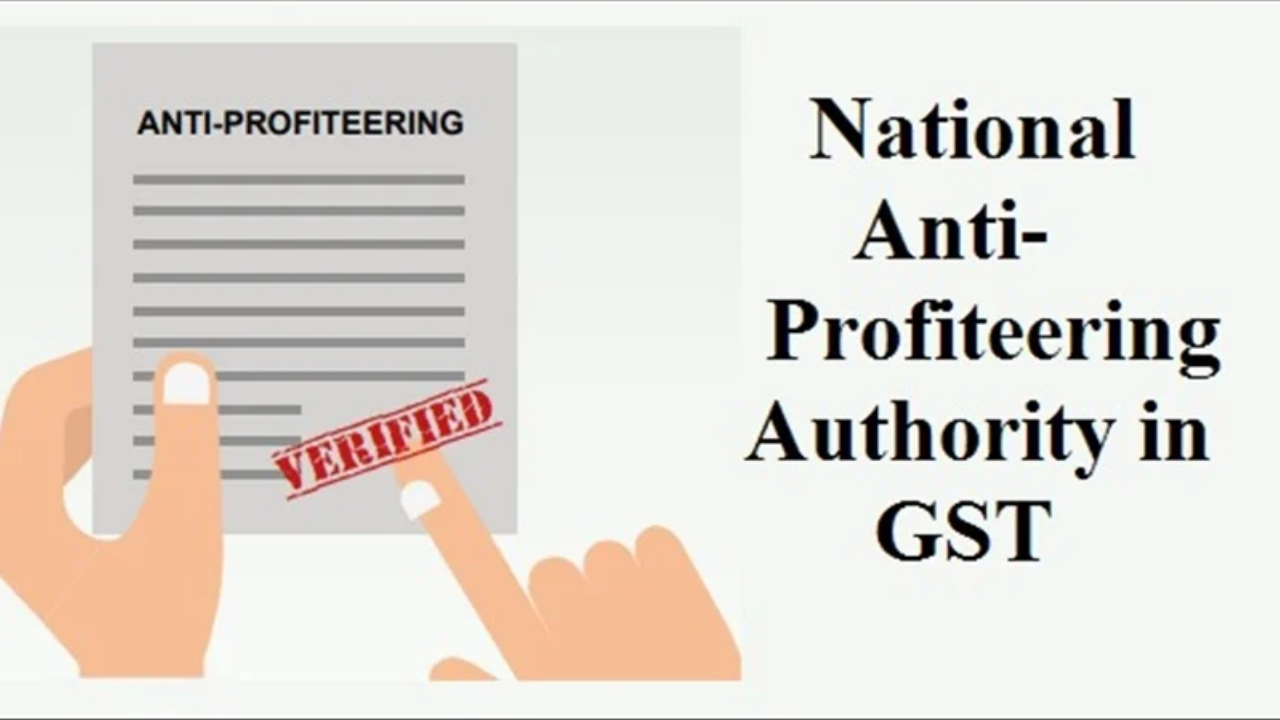A New Approach to Anti-Profiteering for GST 2.0
Thank you for reading this post, don't forget to subscribe!As India prepares for GST 2.0, a key debate is whether the National Anti-Profiteering Authority (NAA), which was dissolved due to its flawed methodology, should be revived. States like Kerala, West Bengal, and Tamil Nadu are pushing for a stronger framework to ensure businesses don’t pocket tax benefits instead of passing them to consumers. While a new anti-profiteering mechanism is essential, simply reviving the old NAA is not the answer.
The Flaws of the Old NAA
The original NAA was introduced in 2017 but was criticized for being more punitive than corrective. Investigations were often delayed, and the methodology for quantifying profiteering was unclear, leading to a perception that the authority acted arbitrarily. This process was so problematic that the responsibility was first transferred to the Competition Commission of India (CCI), which eventually backed out, and then to the GST Appellate Tribunal (GSTAT).
Why a New Framework is Needed
With the sunset clause ending new complaints from April 2025, a weak enforcement environment could embolden businesses to withhold tax benefits from consumers. As past cases against major companies like Hindustan Unilever and Patanjali show, non-compliance is a real issue. A new framework is necessary to protect consumers and ensure that the benefits of GST rate cuts and input tax credits reach the public.
Designing a Better Anti-Profiteering Framework
Instead of bringing back the old NAA, a new framework should be designed to address its past failures. This new model should focus on:
- Transparency: A clear and consistent methodology for quantifying profiteering must be established.
- Speed: The new mechanism should have strict timelines for investigations to prevent the kind of backlogs that plagued the NAA and CCI.
- Compliance: The focus should be on encouraging businesses to comply voluntarily, reserving strict penalties for deliberate and large-scale offenses.
The government could consider a new body or empower the GSTAT with these principles. This new approach would ensure tax benefits reach consumers, keep inflation in check, and provide businesses with a more pragmatic and transparent system.

















